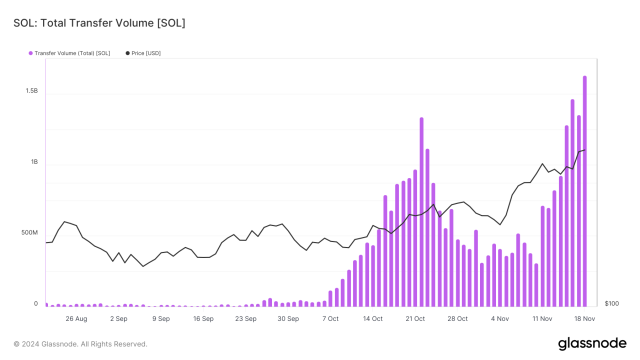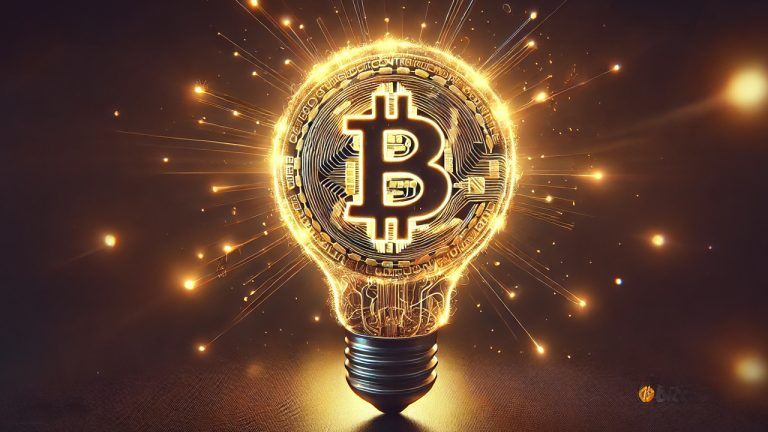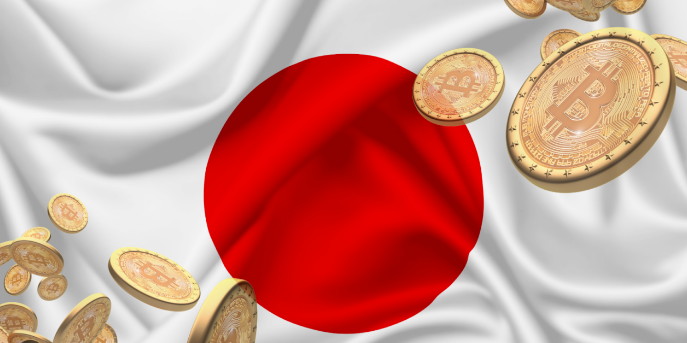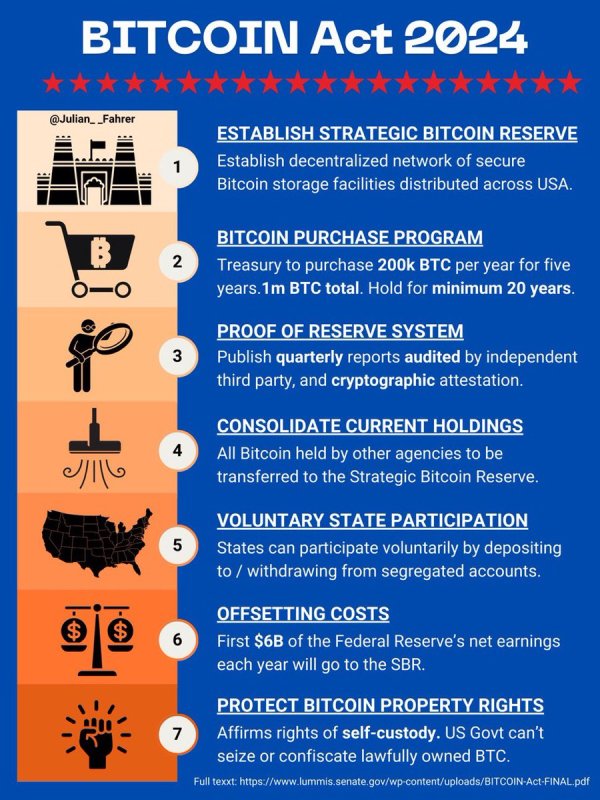I know there are many types of traders in this subreddit, but which one are you? Any specific reason for choosing it? Have you considered to switch type?
Before diving into the discussion, I think we should preview some of the basic types of traders:
- Day Traders: These traders buy and sell financial instruments within the same trading day, aiming to profit from short-term price movements. They typically do not hold positions overnight.
- Swing Traders: Swing traders hold positions for a few days to several weeks, aiming to capture short-to-medium-term trends or price swings. They may use technical analysis to identify entry and exit points.
- Position Traders: Position traders take long-term positions in the market, holding onto their investments for weeks, months, or even years. They focus on fundamental analysis and broader market trends.
- Scalpers: Scalpers aim to profit from small price movements by executing a large number of trades within a short period, often just seconds or minutes. They rely on quick execution and tight spreads.
- Algorithmic Traders (Algo Traders): Algorithmic traders use computer algorithms to execute trading strategies automatically. These algorithms may be based on technical indicators, statistical arbitrage, or other quantitative methods.
- High-Frequency Traders (HFTs): High-frequency traders use sophisticated algorithms to execute large numbers of trades at extremely high speeds, taking advantage of small price discrepancies. They often operate in highly liquid markets.
- Contrarian Traders: Contrarian traders go against the prevailing market sentiment, buying when others are selling and vice versa. They believe that markets tend to overreact to news and events, creating opportunities for profit.
- Trend Followers: Trend followers aim to profit from the continuation of existing market trends. They may use technical analysis to identify trends and follow them until signs of reversal appear.
Event-Driven Traders: Event-driven traders focus on specific events or catalysts that can impact market prices, such as earnings reports, economic data releases, or geopolitical events. They seek to capitalize on the price movements resulting from these events.
Knowing what type of trader you are could help you review your performance better because you should at least know the benefits and downsides of your own approach:
Day Traders:
- Benefits: Can profit from short-term price movements, avoiding overnight exposure to market risks. Allows for quick decision-making and frequent trading opportunities.
- Downsides: Requires intense focus and discipline throughout the trading day. May incur higher transaction costs due to frequent trades.
- Swing Traders:
- Benefits: Capture short-to-medium-term trends or price swings, potentially yielding higher profits than day trading. More flexibility in timing trades compared to day traders.
- Downsides: Positions may be held overnight, exposing traders to overnight market risks such as gaps in price. Requires patience to wait for optimal entry and exit points.
- Position Traders:
- Benefits: Able to capitalize on long-term market trends and fundamentals. Less stressful than short-term trading styles, allowing for more relaxed decision-making.
- Downsides: Requires patience to wait for trends to develop and unfold over weeks, months, or even years. Positions may be subject to significant drawdowns during market fluctuations.
- Scalpers:
- Benefits: Profit from small price movements with high-frequency trading, potentially generating consistent profits throughout the trading day. Minimal overnight exposure to market risks.
- Downsides: Requires advanced technology and low-latency trading infrastructure to execute trades quickly. High transaction costs due to frequent trading and tight spreads.
- Algorithmic Traders (Algo Traders):
- Benefits: Can execute trading strategies automatically, eliminating emotional biases and allowing for rapid execution of trades. Can analyze large amounts of data and adapt to changing market conditions.
- Downsides: Initial development and testing of algorithms require significant time and resources. Algorithms may malfunction or produce unexpected results, leading to losses.
- High-Frequency Traders (HFTs):
- Benefits: Profit from small price discrepancies with lightning-fast execution speeds. Can capitalize on short-lived market inefficiencies.
- Downsides: Requires substantial capital and sophisticated technology infrastructure. May face regulatory scrutiny and competition from other HFT firms.
- Contrarian Traders:
- Benefits: Can capitalize on market reversals and overreactions, potentially generating profits when others are fearful or greedy. Provides a contrarian perspective that can lead to unique trading opportunities.
- Downsides: Requires strong conviction and patience to go against the prevailing market sentiment. Contrarian trades may take longer to materialize, leading to potential losses in the short term.
- Trend Followers:
- Benefits: Able to profit from established market trends and momentum, riding trends until signs of reversal appear. Can generate consistent returns during trending markets.
- Downsides: May suffer losses during periods of market consolidation or trend reversals. Requires discipline to avoid entering trades against the prevailing trend prematurely.
9. Event-Driven Traders:
- Benefits: Can capitalize on market volatility and price movements resulting from specific events or catalysts. Provides opportunities for quick profits based on fundamental or news-driven analysis.
Downsides: Requires accurate prediction and interpretation of event outcomes, which can be challenging. Event-driven trades may be subject to sudden reversals or unexpected market reactions.
Why is it important to know which type of trader are you? This is crucial because you should trade with your suitable style. No one is alike, everyone has a different lifestyle. So you have to depend on your own time, work and social to determine which type will suit you best for your crypto journey.
This will also help you improve your discipline to not being affected by your emotion and FOMO making a wrong decision.
Some examples:
- If you are a day trader, you will have to sit on your PC or laptop the whole day and watching chart, candle,...at any time throughout the day to gain profit. This lifestyle could be very stressful and take a lot of your time. You will need to do a lot to balance this style.
If you are a position trader, you will have more free time but lesser control power on your crypto if you check back too late. I think this style is mostly like "after some time of research and gaining private information, I believe this token will soon pump no matter what so I'm buying it and leave it there".
As you can see, these two trading styles are completely different from each other. Things will definitely go wrong if the position trader doesn't truly believe in his research and private information, and instead always watches the candles and charts like a day trader. His emotions will be controlled by what he sees, and he will start selling when the red candles keep appearing. However, after a few days, a couple of big green candles appear, and he starts regretting not believing in his own research and private information. He should have been more disciplined and left his crypto as it was, doing something else instead.
Then again, I would love to hear your thoughts on which type of trader you are. Is there a specific reason for choosing that type? Have you considered switching types?
[link] [comments]

You can get bonuses upto $100 FREE BONUS when you:
💰 Install these recommended apps:
💲 SocialGood - 100% Crypto Back on Everyday Shopping
💲 xPortal - The DeFi For The Next Billion
💲 CryptoTab Browser - Lightweight, fast, and ready to mine!
💰 Register on these recommended exchanges:
🟡 Binance🟡 Bitfinex🟡 Bitmart🟡 Bittrex🟡 Bitget
🟡 CoinEx🟡 Crypto.com🟡 Gate.io🟡 Huobi🟡 Kucoin.















Comments